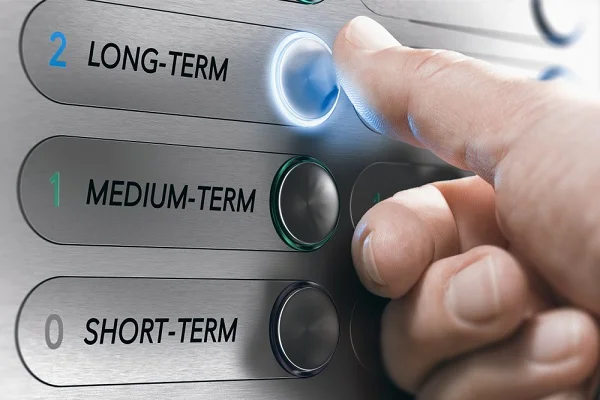People Are Choosing Longer Term Rentals, Even as 86% of Rental Households Face Financial Strain

Getting a foot on the UK’s property ladder has become borderline impossible for an entire generation of renters. Skyrocketing house prices combined with an unprecedented cost-of-living crisis have forced many to abandon their dreams of homeownership entirely.
Consequently, a study conducted by Ocasa indicates that more UK residents than ever before are viewing long-term private rentals as a viable alternative to homeownership. Affordability and flexibility were found to be the two main points of appeal among those seeking long-term rents over property purchases.
But even with the number of rental properties in the UK having increased by 1.1 million over the past 10 years, average rent costs are hovering at record highs. In fact, a full 86% of UK tenants said that rent cost increases have placed greater strain on their household expenses over the past few years.
This could be one of many reasons why tenants are actively seeking longer-term agreements with their landlords. Where possible, locking in an agreed-upon maximum rent in return for a longer-term tenancy agreement is becoming the preferred choice for many.
The alternative option is to risk regular and rapid monthly rent increases, each time a shorter tenancy agreement expires and needs to be renewed.
An escalating cost-of-living crisis
Where households are already struggling to make ends meet, utility price increases are the single biggest cause for concern. Monthly rent cost increases and fuel prices are also contributing to widespread financial instability, along with council tax bills and food prices.
Polled by Rentd, 46% of households said they were worried about further living-cost increases forecast for the remainder of the year, while almost 60% said they would likely have to make additional cutbacks over the coming months.
Speaking on behalf of Rentd, CEO and founder Ahmed Gamal highlighted how private tenants are being hit disproportionately hard by living cost increases.
“The cost-of-living crisis is particularly concerning for the nation’s tenants, many of whom would have already been struggling with the cost of renting and will now find they are being financially stretched to their limits,” said Gamal.
“During the pandemic, we saw rental values drop across a great deal of the market, but with normality returning this year, they are once again starting to climb. This means that many tenants may now be finding that the cost of renting in their given area is quickly becoming unaffordable.”
“When committing to a rental property, it’s important to consider that, much like a variable-rate mortgage payment, the cost of your rent is subject to change. So it’s vital to leave yourself some room within your monthly budget to account for this increase; otherwise, you may find yourself looking for a more affordable property or location.”
Discouraged by high upfront costs
Among those who would like to own their own homes but cannot afford to do so, the high upfront costs of purchasing a property are the biggest discouraging factor. Average UK house prices are now heading towards £300,000, meaning that the average deposit (at 15%) a buyer would need to come up with would be around £45,000.
Coupled with the rest of the initial costs associated with buying a home, the total on-hand savings needed to get the transaction underway would exceed £50,000.
The overwhelming majority of average earners in the UK simply do not have the capacity to come up with anything near this amount. All of which can be particularly disappointing for those whose monthly rent bills are significantly higher than the average monthly mortgage payment on a comparable property.
Despite being able to comfortably afford a mortgage in terms of repayments, millions are nonetheless unable to meet the basic requirements to qualify.
Even so, Jack Godby, Head of Sales and Marketing at Ocasa, was keen to point out how renting long-term need not always be seen as a last resort, worst-case scenario option.
“In the UK, popular opinion has long said that owning a home is better than renting; renting is something you do while you wait until you can afford to buy. But this isn’t the case in other countries, and it’s become less and less so here,” he said.
“People are now choosing to rent for the long term, rejecting buying altogether because of the many downsides that come with ownership, from the growing expense to the risk and inflexibility.”
“In reaction to this growing demand, rental providers are upping their game, providing high-quality homes with tenancy agreements that offer greater security and more freedom to make the property their own.”
“This is particularly true of the build-to-rent sector, which has grown phenomenally in just a few short years and looks to be one of the driving forces of change when it comes to how we choose to live.”
